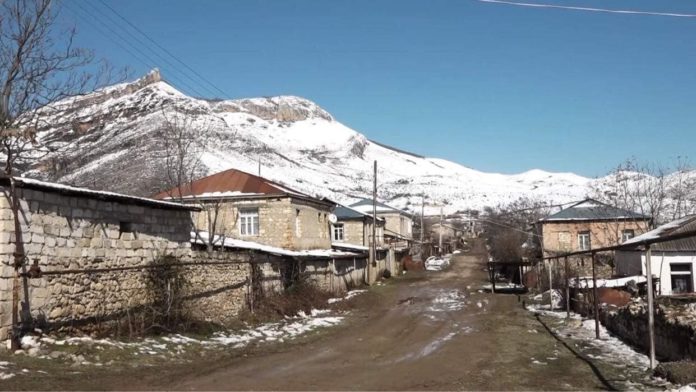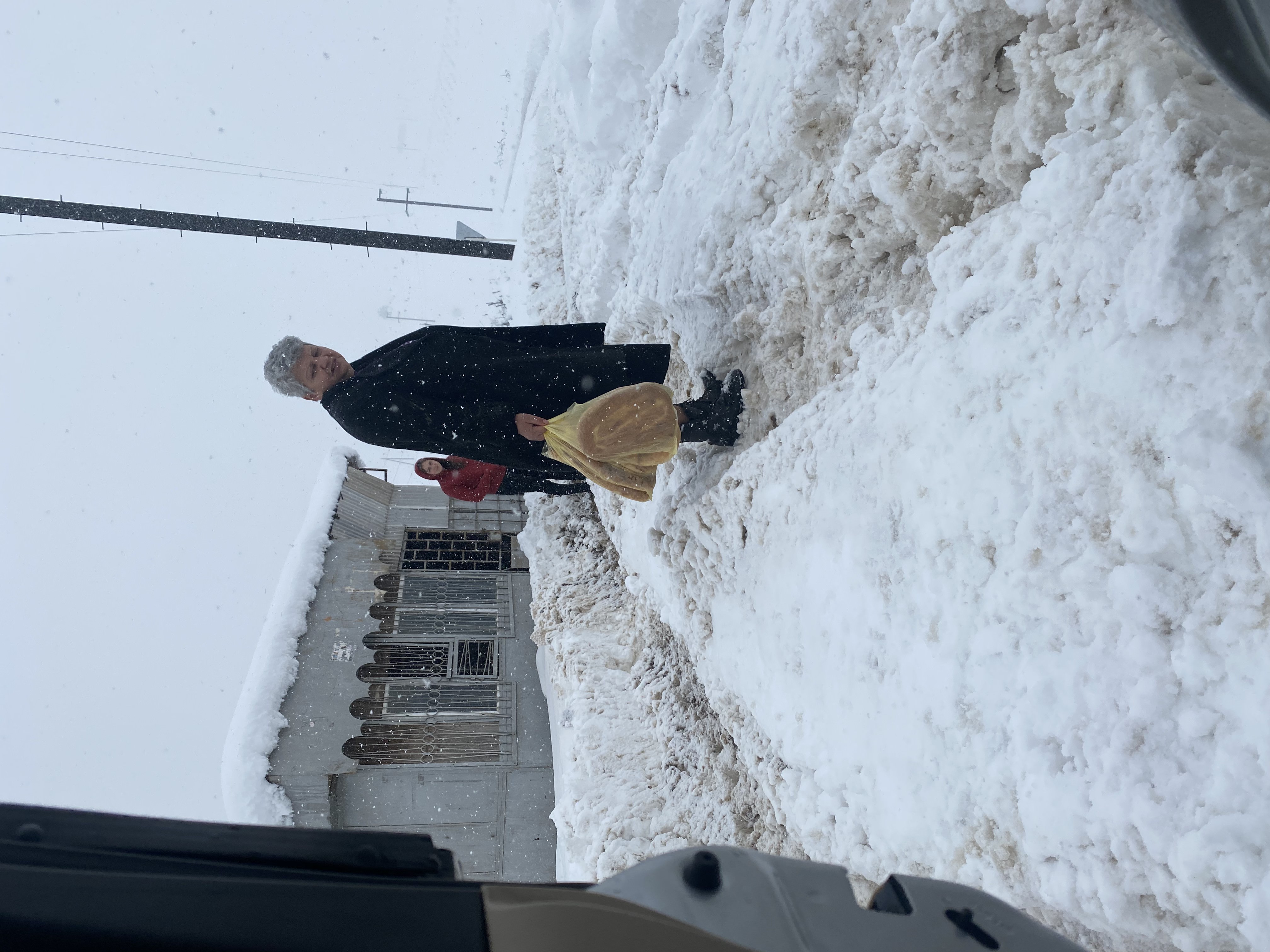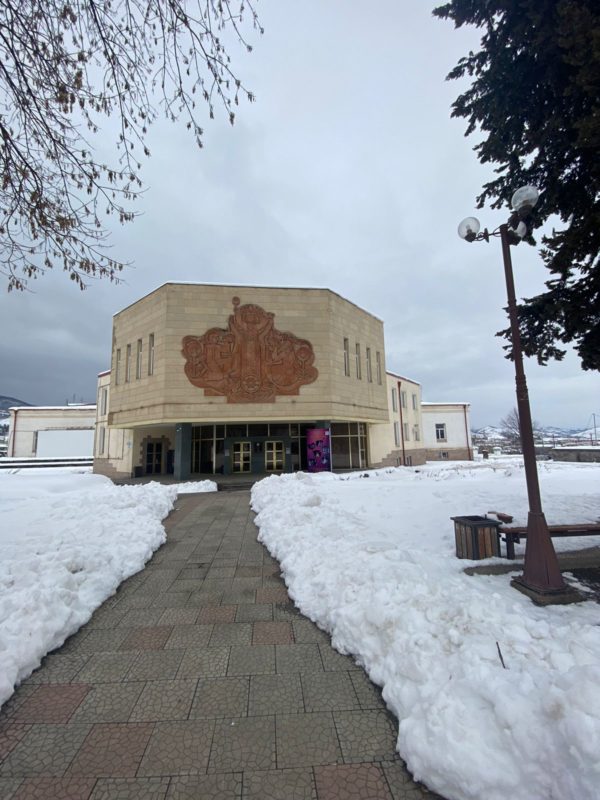STEPANAKERT — The reverberations of Azerbaijan’s attacks on Karabakh have affected the population in more ways than simply fear. Following Azerbaijan’s incursion this past week into the village of Parukh, Askeran, where intense attacks occurred with the use of Bayraktar drones, at least 3 soldiers died and 14 people were wounded. As a result, Artsakh Republic’s President Arayik Harutyunyan signed a decree on restrictions on rights and freedoms, according to the NKR Information Center.
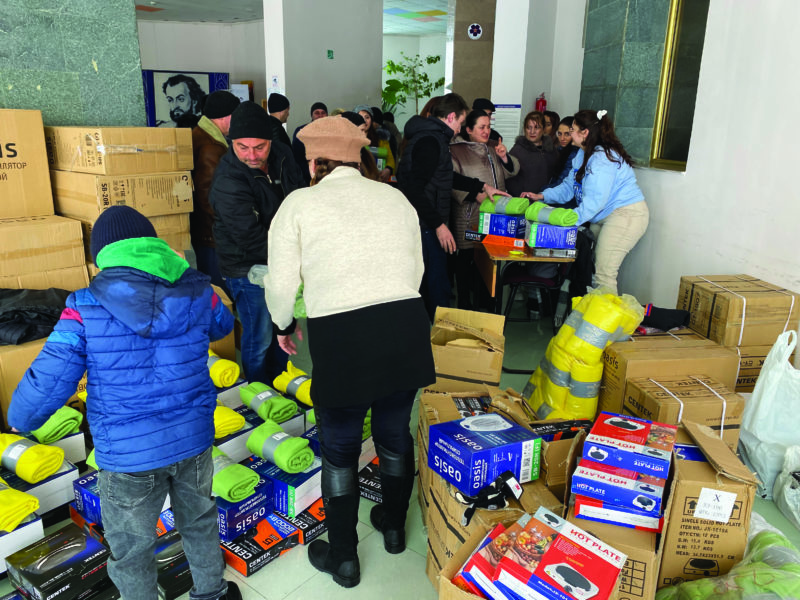
In accordance with the decree, the following will be restricted: “the right to freedom of assembly, strikes and other arrangements terminating or suspending the activities of organizations are prohibited and activities of organizations engaged in propaganda or other actions spearheaded against the defense capacity and security of the Artsakh Republic.”
To clarify, the Artsakh Republic has not declared martial law, according to Political Analyst Tigran Grigoryan, it was never lifted. These are essentially just new restrictions. The Central Information Department of the Office of the Artsakh Republic President ended their statement with who the restrictions were to be enforced by.
Martial law in Artsakh has been declared since 1992. However similar restrictions only imposed during the 2020 war were informally lifted and then once again imposed on March 26.
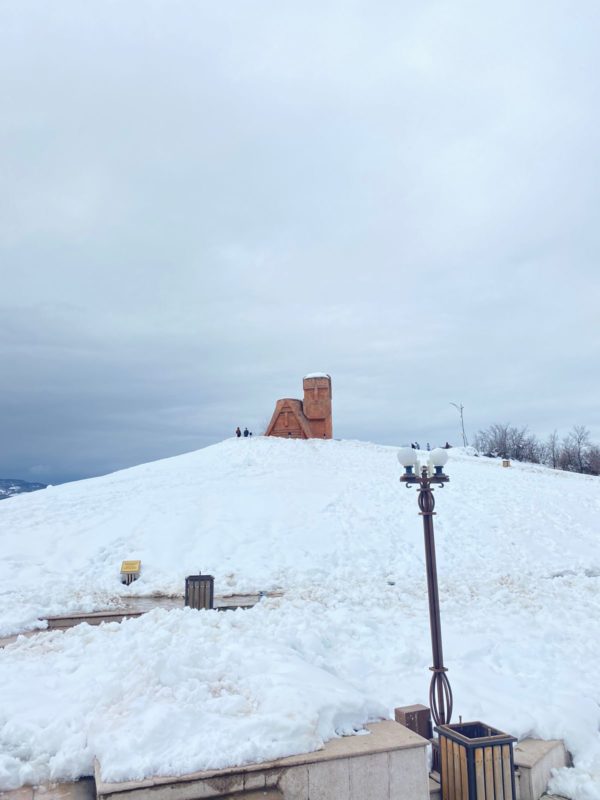
According to Article 76 of the Artsakh Republic’s constitution, “basic rights and freedoms of the human being and the citizen, with the exception of some articles within the constitution, may be temporarily suspended or subjected to additional restrictions under the procedure prescribed by law.”
Then according to Article 131, the President of the Republic can declare martial law and impose measures or mobilization, but the National Assembly can lift or cancel the implementation of measures with a majority vote.



